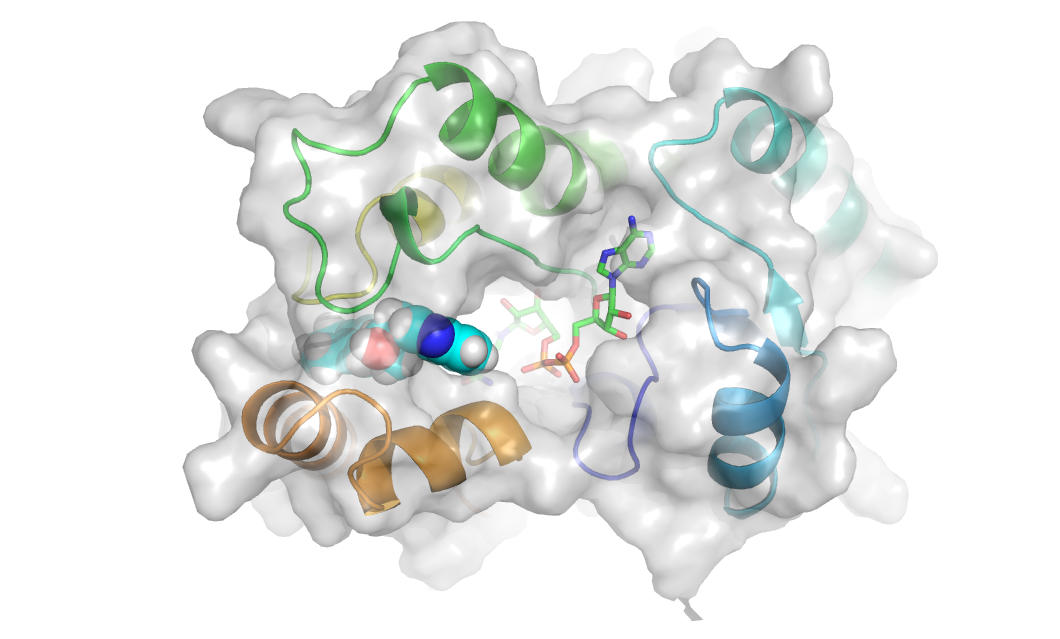This year’s theme, “The Clock is Ticking”, calls upon global leaders to honour commitments agreed to support the World Health Organisation’s EndTB Strategy. Despite the estimated 63 million lives saved since 2000 by global efforts to combat TB, in 2019 there were over 10 million new cases of TB disease, of which 465 000 were due to drug-resistant strains, and 1.4 million deaths.
The University hosts a diverse group of TB researchers, with activities around TB crossing disciplines, Schools and Faculties, and encompassing both human and animal disease. Specific interests include epidemiological studies of TB transmission, developing tools for more effective TB diagnosis, the innate immune response to TB and TB antibiotic discovery, in particular for multidrug resistant (MDR) strains.
Ellen Brooks-Pollock and Amy Thomas in the Bristol Veterinary School are using mathematical modelling to investigate TB epidemiology, using public health and genomic data to study human-to-human transmission in low-incidence settings and the acquisition of zoonotic disease in livestock farmers. They are also modelling the possible impact of vaccination on TB transmission.
TB diagnostic methods are under investigation by Ruth Massey (School of Cellular and Molecular Medicine) who is working on nucleic-acid based molecular diagnostics for human and bovine disease; and Carmen Galan, Annela Seddon and Jim Spencer (Schools of Chemistry, Physics and Cellular and Molecular Medicine, respectively) who are developing glycan-conjugated nanoparticles as a diagnostic approach for use in resource-limited settings in a collaborative project with the Kenya Institute for Medical Research (KEMRI).
Diagnosing TB meningitis in infants, who are at particular risk from TB, is a focus of Anu Goenka (Bristol Royal Hospital for Sick Children and School of Cellular and Molecular Medicine) who along with Alice Halliday (School of Cellular and Molecular Medicine) is also interested in host immune responses to TB infection.
Bristol researchers are also active in drug discovery for TB. Adrian Mulholland and Jim Spencer (Schools of Chemistry and Cellular and Molecular Medicine) are working with several research groups in Thailand to design in silico and experimentally evaluate new inhibitors of validated and novel TB targets that retain activity against MDR strains. Professor Paul Race (School of Biochemistry) is collaborating with KEMRI to develop new drug combinations for MDR-TB, building upon the established expertise of Bristol in natural product drug discovery; and is contributing to the recently established UK-South Africa 'Antibiotic Accelerator' Hub that aims to generate new antibiotics for multiple bacterial pathogens including TB.
We are establishing a Bristol TB Group to connect University of Bristol researchers working in this area and showcase the breadth and depth of TB-related activities. Recent support for expanded Biological Safety Level 3 laboratories will soon enable laboratory work with pathogenic Mycobacterial strains, extending the range and scope of TB research possible in Bristol, for example harnessing the expertise of the Bristol Aerosol Research Centre to study aerosol TB transmission.
